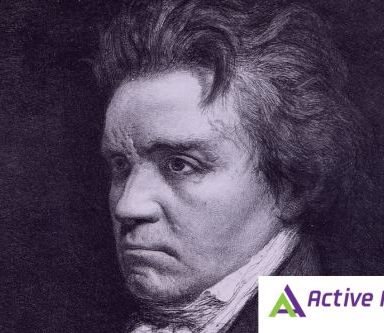
Our hearing allows us to enjoy music, engage in conversations and be aware of our surroundings. Our hearing abilities can change over time, and early detection of hearing issues is the key to maintaining optimal hearing health. Discover the importance of regular hearing checks and learn when to start scheduling them with a hearing specialist Omaha to ensure a lifetime of healthy hearing!
Why regular hearing checks matter
Hearing checks are essential for several reasons. Regular hearing checks can detect hearing issues in their early stages, allowing for prompt intervention and the prevention of further deterioration. This ensures a good quality of life, and it increases the effectiveness of many treatment and prevention options.
Addressing hearing problems can significantly enhance one's daily experiences, as good hearing is crucial for effective communication, emotional well-being and overall quality of life. Hearing checks can also identify potential risks or exposure to harmful noise levels, allowing individuals to take preventative measures to protect their hearing.
If hearing loss is detected, a hearing check will help determine the type and extent of the loss, enabling the audiologist to recommend appropriate treatment options, such as hearing aids or assistive listening devices.
When to start getting regular hearing checks
Hearing checks are not only for older adults; they are essential throughout life.
Early childhood
Children should have their hearing screened shortly after birth and at regular intervals during infancy and childhood. Early detection of hearing issues is critical for language development and learning.
Young adults
As young adults enter noisy environments like concerts and sporting events, they should understand the importance of hearing protection and consider periodic hearing checks to monitor their hearing health.
Adults
For most adults, scheduling a baseline hearing check around the age of 21 to 25 is a good practice. This establishes a starting point for monitoring any future changes in hearing.
Middle age
Around the age of 45 to 50, individuals may notice subtle changes in their hearing. Regular hearing checks become increasingly important to detect age-related hearing loss and address it proactively.
Occupational noise exposure
If your occupation involves exposure to loud noise levels, such as construction, manufacturing or music-related professions, regular hearing checks are crucial, starting as early as possible in your career.
Family history
If you have a family history of hearing loss or are genetically predisposed to hearing issues, consider starting regular hearing checks earlier than the suggested age milestones.
Symptoms or concerns
If you experience any signs of hearing loss, such as difficulty following conversations, ringing in the ears (tinnitus) or asking others to repeat themselves frequently, seek a hearing check promptly, regardless of your age.
How often to get hearing checks
The frequency of regular hearing checks can vary depending on individual factors. Children should have hearing checks at least annually. Adults should have a hearing check every three to five years until middle age. After middle age, it may be necessary to get annual hearing checks or as many as are recommended by an audiologist.
Visit a hearing specialist Omaha
When you prioritize your auditory health, you can enjoy a lifetime of healthy hearing and all the sounds that make life worth living. Schedule a hearing check with a hearing specialist Omaha today! Contact us to learn more about our services.






Comments